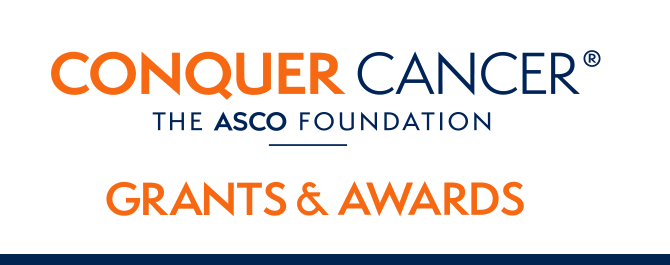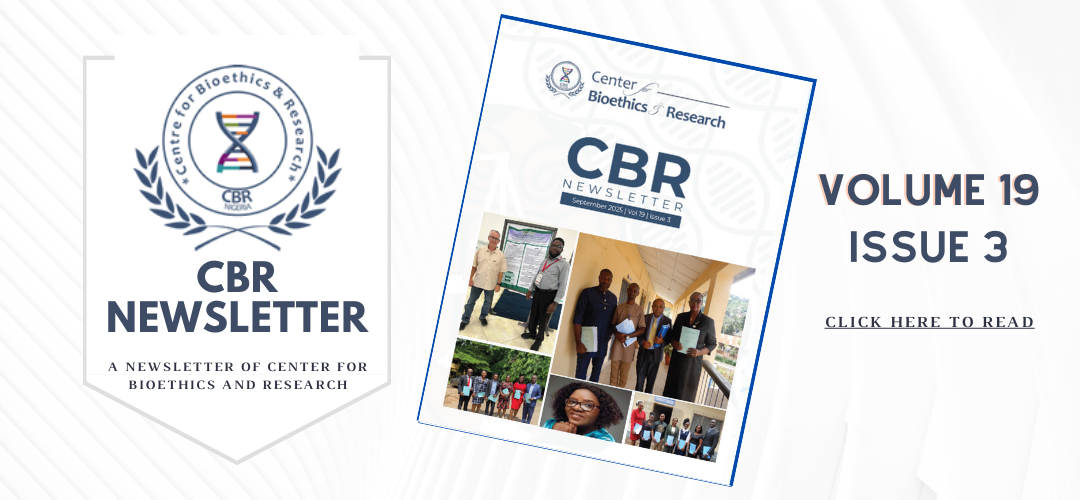NIH
2007 NIH Director’s Pioneer Award–Call for Applications
The NIH Director’s Pioneer Award supports exceptionally creative scientists in a wide range of fields who propose highly innovative–and potentially transformative–approaches to major challenges in biomedical research.
In September 2007, NIH expects to make 5 to 10 new Pioneer awards of $500,000 in direct costs per year for 5 years.
The program is open to scientists at all career levels and in any field of research, provided they are interested in exploring biomedically relevant topics. NIH particularly encourages applications from women, members of groups that are underrepresented in biomedical research, and individuals in the early to middle stages of their careers.
The streamlined, electronic application process includes a 3- to 5-page essay and 3 letters of reference. The application period opens on December 1, 2006 and closes on January 16, 2007. There is also a registration process, which NIH recommends starting at least 4 weeks before submitting an application.
Detailed instructions are on the grants portion of the NIH website. For more information, see the Pioneer Award website or send questions via e-mail.
Genome-wide Association Studies in the Genes and Environment Initiative
NIH has announced that NIH intramural researchers will be eligible to participate in the “Genome-wide Association Studies in the Genes and Environment” Initiative. Three RFPs are pending (genotyping facilities, coordinating center, and study investigators). The requests from NIH intramural scientists will be submitted using the PHS 398 application, but will be reviewed in a separate peer review meeting, using the same review criteria and procedures as for the applications from extramural investigators and using the same peer review group members.
<http://grants.nih.gov/grants/guide/notice-files/NOT-OD-07-006.html>
National Consortium to Transform Clinical Research
NIH has announced the launch of a national consortium that will transform how clinical and translational research is conducted, ultimately enabling researchers to provide new treatments more efficiently and quickly to patients. This new consortium, funded through Clinical and Translational Science Awards (CTSAs), begins with 12 academic health centers (AHCs) located throughout the nation. An additional 52 AHCs are receiving planning grants to help them prepare applications to join the consortium. When fully implemented in 2012, about 60 institutions will be linked together to energize the discipline of clinical and translational science.
The CTSA institutions are planning to:
- Develop better designs for clinical trials to ensure that patients with rare as well as common diseases benefit from new medical therapies
- Produce enriched environments to educate and develop the next generation of researchers trained in the complexities of translating research discoveries into clinical trials and ultimately into practice
- Design new and improved clinical research informatics tools
- Expand outreach efforts to minority and medically underserved communities
- Assemble interdisciplinary teams that cover the complete spectrum of research — biology, clinical medicine, dentistry, nursing, biomedical engineering, genomics, and population sciences
- Forge new partnerships with private and public health care organizations
The CTSA initiative grew out of the NIH commitment to re-engineer the clinical research enterprise, one of the key objectives of the NIH Roadmap for Medical Research. The CTSA consortium will be led by the National Center for Research Resources (NCRR), a part of the NIH. Funding for the CTSA initiative comes from redirecting existing clinical and translational programs, including Roadmap funds. Total first year funding for the awards announced today will be approximately $100 million. When fully implemented in 2012, the initiative is expected to provide a total of $500 million annually to 60 academic health centers.
The following institutions will receive the first set of awards for a period of nearly five years:
- Columbia University Health Sciences (New York, NY)
- Duke University (Durham NC)
- Mayo Clinic College of Medicine (Rochester, MN)
- Oregon Health & Science University (Portland, OR)
- Rockefeller University (New York, NY)
- University of California, Davis (Davis, CA)
- University of California, San Francisco (San Francisco, CA)
- University of Pennsylvania (Philadelphia, PA)
- University of Pittsburgh (Pittsburgh, PA)
- University of Rochester (Rochester, NY)
- University of Texas Health Science Center at Houston (Houston, TX)
- Yale University (New Haven, CT)
For complete project descriptions, please visit http://www.ncrr.nih.gov/ncrrprog/roadmap/CTSA_9-2006.asp. In addition, the list of planning grant recipients is available at http://www.ncrr.nih.gov/ncrrprog/roadmap/CTSA_Planning_9-2006.asp.
A second Request for Applications (RFA) for CTSAs has been issued, calling for the next round of submissions to be made by January 17, 2007, with awards expected in fall 2007. The RFA is available at http://grants.nih.gov/grants/guide/rfa-files/RFA-RM-07-002.html.







